Scott Farquhar wants you to dance like nobody’s watching and join him on Richest 250 list
He’s building a real-life tower of power - and just like the sweaty YouTube dancer who inspires him, tech billionaire Scott Farquhar just needs enthusiastic followers to join his movement.
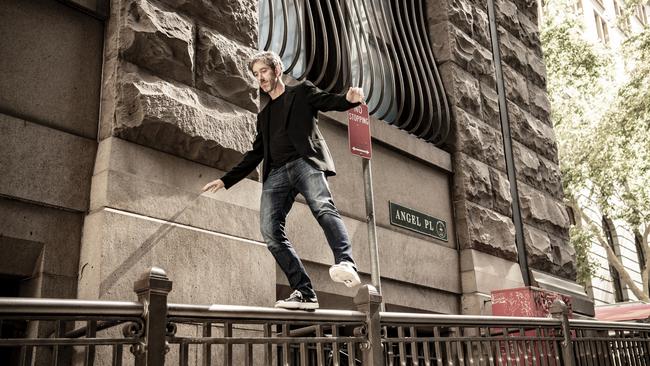
He’s now the co-commander in chief of Australia’s largest tech company, helping to cultivate the country’s economic fortunes and gradually shifting its engine room from a reliance on digging stuff out of the ground to forward-looking ideas powered by technology and innovation.
But for tech billionaire Scott Farquhar, there was one sliding doors moment – in front of a lieutenant colonel and a colonel – that changed his trajectory, and subsequently that of Australia.
Read the full 2021 edition of The List: Australia’s Richest 250
In Year 11, Farquhar, then a fresh-faced boy scout, took his chances applying for a scholarship with the Australian Defence Force Academy in Canberra. The prize was the offer to become an officer in training, a university degree fully paid for, and a $1000 cheque. Knowing he wanted to one day be an engineer and that an ADFA scholarship was the quickest way to get there, the teenager took a Friday off school to go through the physical tests in front of some of the army’s top brass. It was a bumper opportunity to step up for the self-confessed computer nerd, whose lower-middle-class childhood was defined by one holiday a year and canned vegetables. Some nights Farquhar would cry himself to sleep because his parents couldn’t afford a computer.
“I got through. I was the only person who didn’t do the cadets program to get through. I got my $1000 cheque, and then I sort of just forgot about it,” Farquhar says. “During that time my parents got divorced and we moved house ... We got a new phone number, and our mail got directed to a PO box.”
In the months that followed, on drives home from shifts working at Woolworths, he would remember the ADFA application and wonder what had happened, thoughts that would drift away again by the time he’d reach his family home at Castle Hill.
“I applied for a scholarship with UNSW too, and it was only after I’d started there in February that I got a letter that came into the post office box,” Farquhar says. “It had been lost in the post for about six months. It was postmarked six months before, and it said, ‘This is your final letter, we haven’t been able to contact you, we tried to call you’ – and I’d had one week to accept it.
I remember just standing there and thinking, ‘Oh, wow. Shit. This is an alternative life that, you know, I don’t get to explore’. It’s a sliding doors moment.
“I remember standing there, at the Baulkham Hills post office. There are these big lines of post boxes, and I remember just standing there and thinking, ‘Oh, wow. Shit. This is an alternative life that, you know, I don’t get to explore’. It’s a sliding doors moment. It’s a very different life.”
In this version of his life, and with his army dreams behind him, Farquhar received an email from his then-UNSW classmate, Mike Cannon-Brookes, in June 2001. It read “Bored of studying, Atlassian is far more interesting.” Cannon-Brookes had sent the email to a number of students in their business information technology course but Farquhar was the only one to say yes to it.
That email – which successfully reached its destination – set off a sequence of events that would lead to a global collaboration company now worth north of $80 billion. Today, both Farquhar and Cannon-Brookes are joint chief executives of the software company they co-founded 20 years ago. And after spending two decades building it up, they are readying for what they describe at Atlassian’s second act.
The company’s impact has scaled from being an economic success story in its own right, hiring about 5000 people and powering thousands of teams, to influencing Australia’s business and political spheres more deeply and profoundly.
For Cannon-Brookes, that often takes the form of Twitter partnerships landed with the likes of billionaire Tesla founder Elon Musk, or energetic appearances on the ABC’s Q&A.
Farquhar likes to measure his impact by the entrepreneurs who leave Atlassian to start new ventures. He points to the infamous “PayPal mafia”, of which PayPal founders and employees Elon Musk, Reid Hoffman and Peter Thiel were members. They went on to start the world-beating tech companies Tesla, LinkedIn and Palantir respectively.
I’d love if we were the Atlassian mafia. But maybe not as violent...
“I’d love if we were the Atlassian mafia,” Farquhar says. “But maybe not as violent... Maybe a different term.”
Multiple fast-growth Australian technology start-ups have already sprung from Atlassian’s ranks, including customer feedback company Dovetail, search start-up Sajari and workplace communications provider Pyn. These companies were all started by ex-Atlassian employees and are part of a growing halo effect the company is having on the industry.
“I couldn’t be more proud,” says Farquhar. “And I would love Atlassian to be the 10th biggest tech company in Australia. That would be a great outcome. That’s success to me.”
Apart from spawning Atlassian’s direct progeny, Farquhar’s big, bold plan for Australia also involves Tech Central in Sydney, an upcoming tech hub anchored by a looming 40-storey, multi-billion dollar skyscraper that Atlassian will share with Blackbird Ventures start-ups. He’s also hoping to lure US tech giants, including Amazon, Google and Facebook, and tech workers from around the country.
Workers for Atlassian and across the country are shifting to a hybrid work model where they’ll split their time between home and the office, but Farquhar says demand will likely outstrip supply for what will be the country’s premier tech destination.
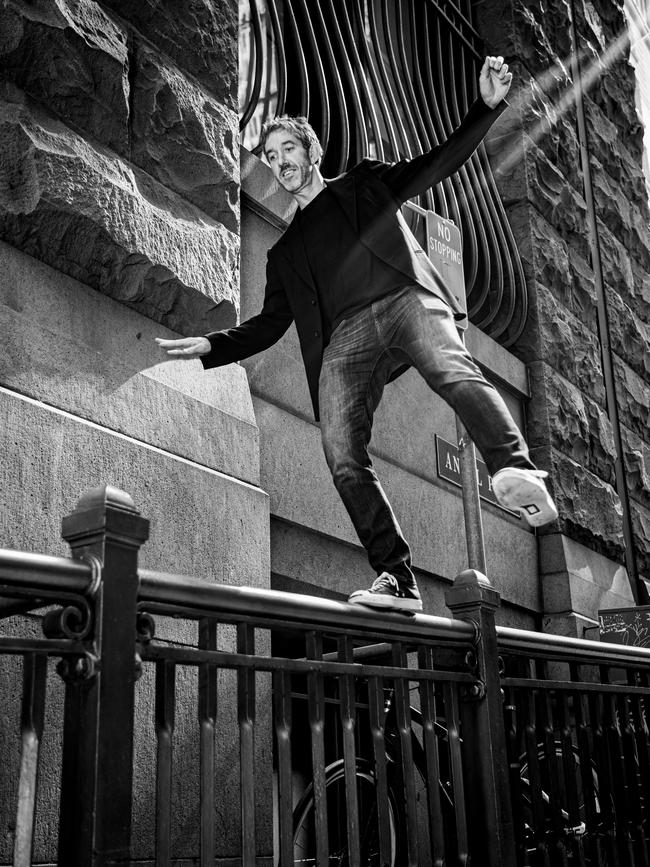
“People are realising that technology is an important industry,” he says. “We’ve finally seen politicians come around to that, and the stock market has definitely come around to it – the understanding that technology is the future. But we haven’t yet created a space for it. We’re creating that space where everyone can come together, and I think it’s gonna be a huge difference in terms of the encouragement for tech start-ups and a place to go. There are benefits to Atlassian, but there are probably more benefits to the community in bringing all these companies together.
“One of Australia’s biggest issues with attracting talent is that people say ‘I could come down and get a job with you in Sydney’. But if it doesn’t work out, what else is there? In a tech precinct, I can say Facebook and Google, and Safety Culture and Culture Amp and a whole bunch of options. We can be a city where technology jobs are just encouraged. We’re not there yet. Kids come out of high school and become doctors and lawyers and bankers as a default. The parents tell them that’s what the safe jobs are.”
The building is expected to be completed in 2025, and drive about $1 billion in value for the economy.
Farquhar is measuring his life’s work not just in software shipped and buildings erected, but also in social change. While Cannon-Brookes is more outwardly political, particularly when it comes to renewable energy, the company as a whole has been outspoken on a range of issues, from the media bargaining code to same sex marriage. It’s a modus operandi that sometimes opens it up to criticism, that it should stay in its lane or that its executives should focus more on building their company than on trying to influence politics.
We want to keep our powder dry and talk about the issues we think are really important to Australia.
As an example of Atlassian’s way of thinking, Farquhar highlights one of his favourite YouTube clips, called The First Follower, in which one man awkwardly dancing on a music festival hilltop soon becomes a full-blown party. He says the leadership lesson is not in the dancer himself, but the first one who makes the leap and joins him.
“Being a leader is actually about the first follower,” he says. “It’s that first follower that actually makes that person a leader. It’s up to people to say they want to follow us. It can be a bit fraught, because everything’s political these days and you’ve got a diverse spectrum of people inside your organisation with a vast array of beliefs, and you want to represent them. We’ve really tried to keep our commentary to areas where we feel like they affect fundamental human rights, and the Marriage Equality Act was one of those. We want to keep our powder dry and talk about the issues we think are really important to Australia. Climate change, obviously, is a big one. We speak out, I think, on those things where we think it helps the industry and helps Australia.”
He says he’s disappointed that more of corporate Australia doesn’t stand up on social issues. Australia needs more first followers, and Farquhar wants more dancers to join him on the hill.
“We think that we’re trying our best from the inside,” he says, “but you know it’s sad when either their own vested interests prevent them standing up, or they just want to keep the head below the parapet and they don’t see any direct business benefit of doing it. I think they miss out on an opportunity to have a voice, and to lead where their employees would be happy to follow.”
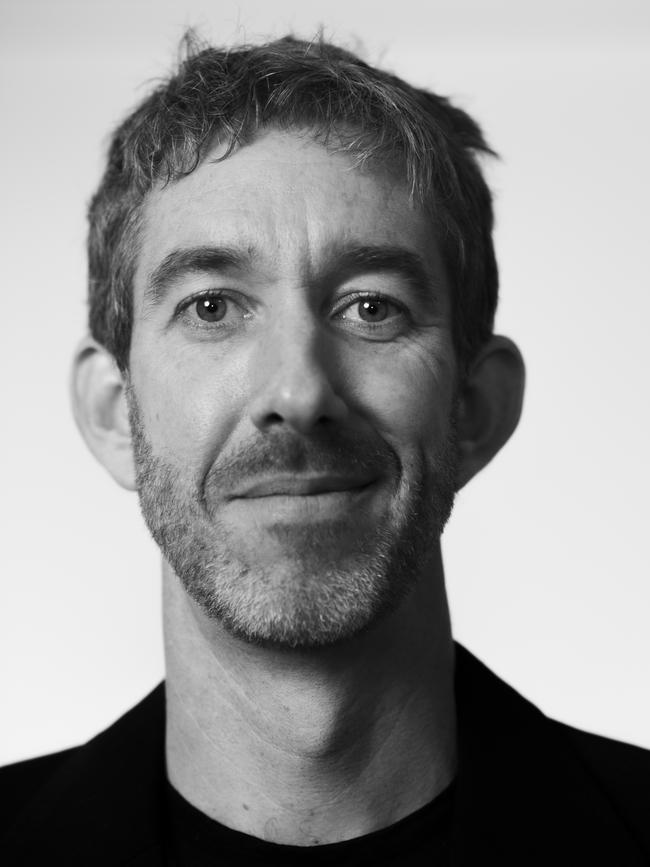
There are very few examples of successful co-CEOs who haven’t grown up together doing it.
Most marriages don’t last 20 years, and having two co-CEOs is a model Farquhar says can either go “really really well or really really badly”. It has never needed to be deployed, but Farquhar and Cannon-Brookes had a clause in their early shareholders’ agreement that specified that if they disagreed on a big issue and a mediator couldn’t fix it, it would go to a game of scissors paper rock.
“I’ve lost 100 per cent of those games with Mike, so that’s not a good spot to be in and I’m heavily incentivised to avoid that,” Farquhar says. “There are very few examples of successful co-CEOs who haven’t grown up together doing it... And it’s been very rare that I’ve seen two CEOs work. [Canva co-founders] Mel and Cliff work really well together, but they’re married so it’s a bit different. I think if you can make it work it works really well, but I wouldn’t try too hard to try and make it work if it’s not going to happen naturally.”
Disagreements are par for the course in any high-stakes partnership, but Farquhar says the ying and yang nature of his and Cannon-Brookes’ personalities brings out the best in each of them. He can’t name any fiery blow-ups over their 20 years together.
“It’s mostly that if I can’t convince Mike of my opinion then I’ve done something wrong, and vice versa, because he’s a pretty smart guy, right? And we’ve got the same background in that we’ve done the same journey,” he says. “Yet we have different strengths and different ways of looking at the world. And so for us it’s basically saying, ‘well, okay, you’ve got your perspective, I’ve got mine, how do we unify them?’ In most cases, it’s usually different ways of talking about something.
“I think Mike is a bit... Mike is a dreamer. And that has huge benefits and huge, you know, downsides. And I’m probably a realist, and I think that has huge benefits and huge downsides. And I think the combination of those two, it makes a pretty potent combo.”
Read the full 2021 edition of The List: Australia’s Richest 250

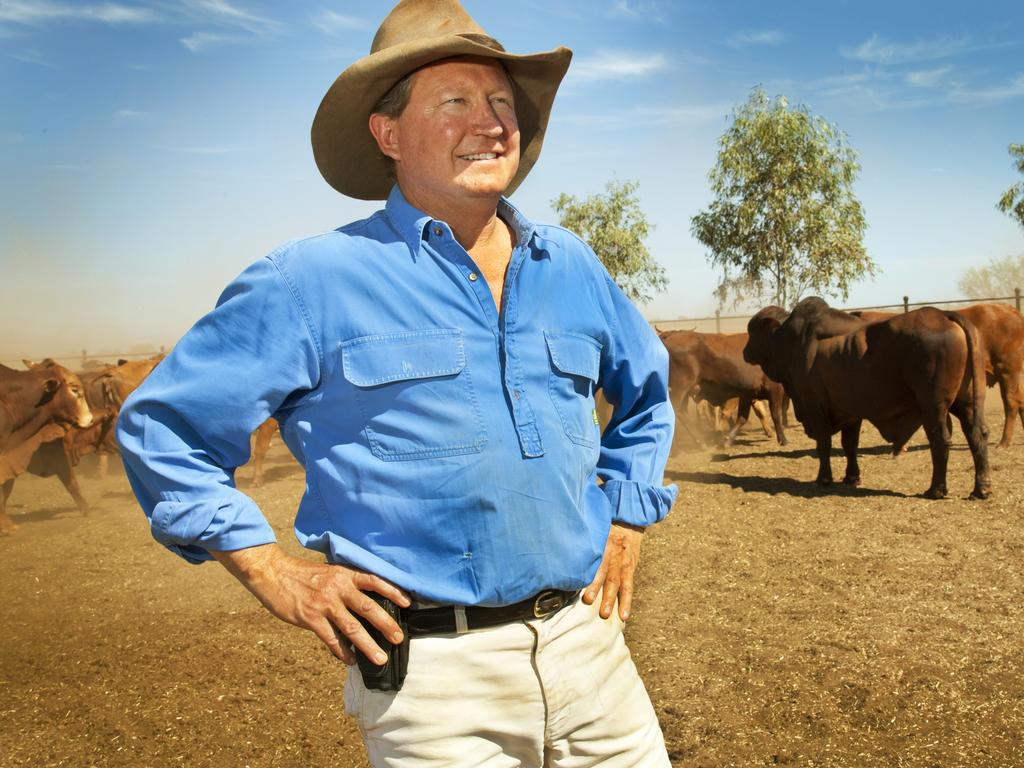
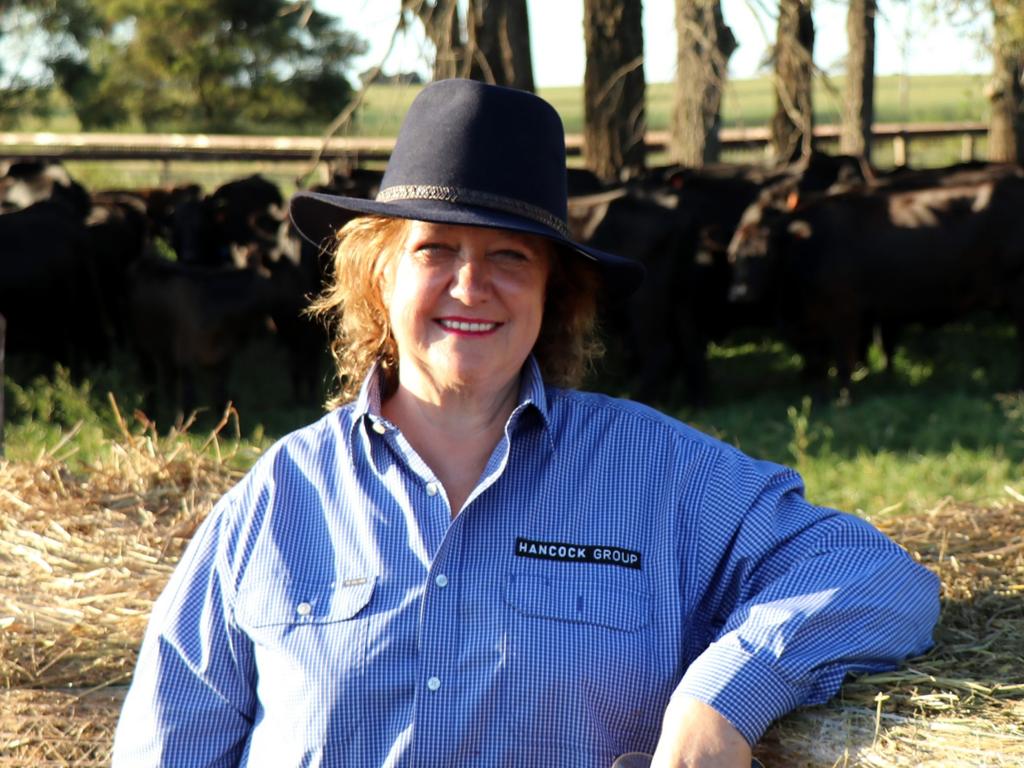
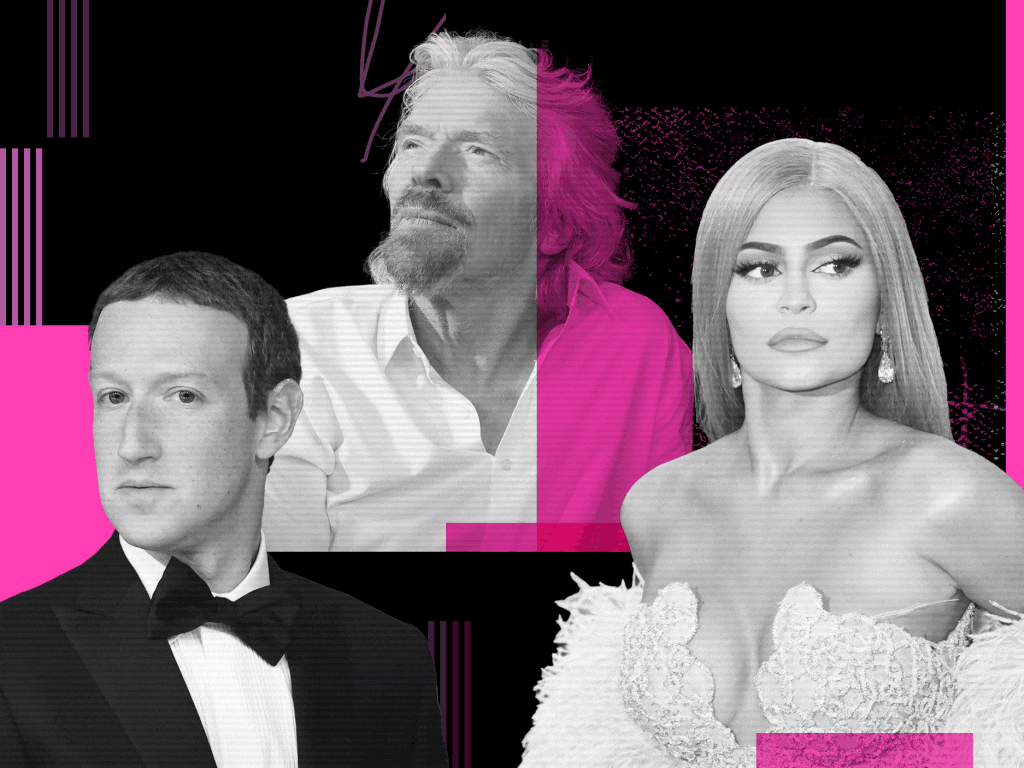
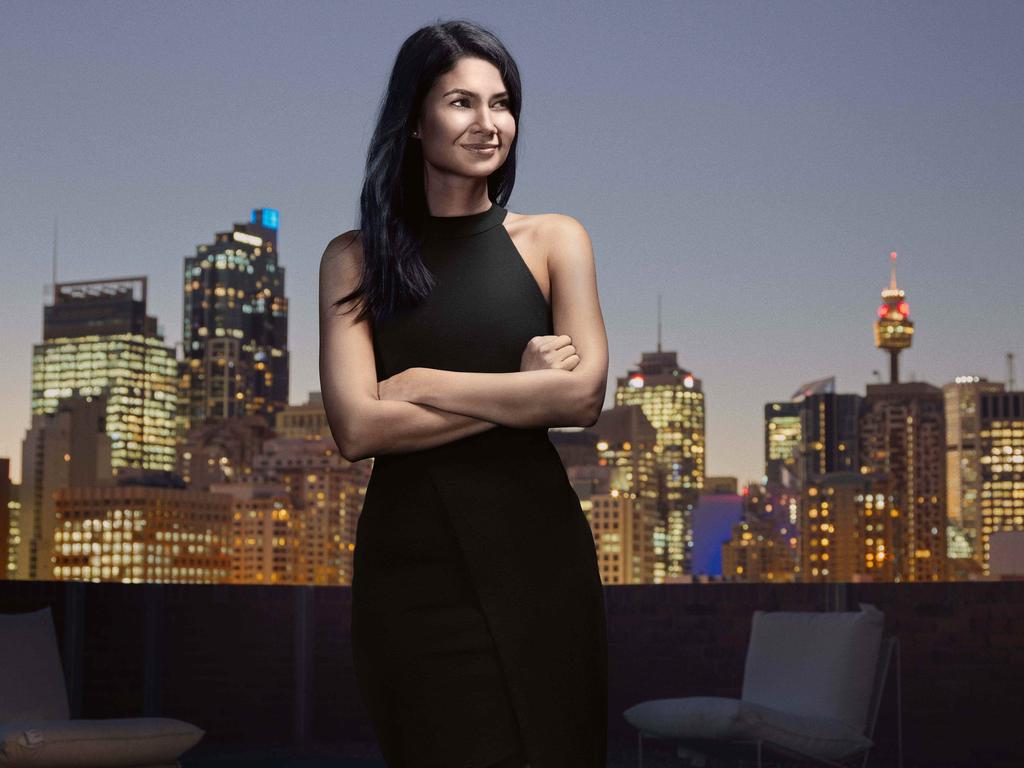
To join the conversation, please log in. Don't have an account? Register
Join the conversation, you are commenting as Logout